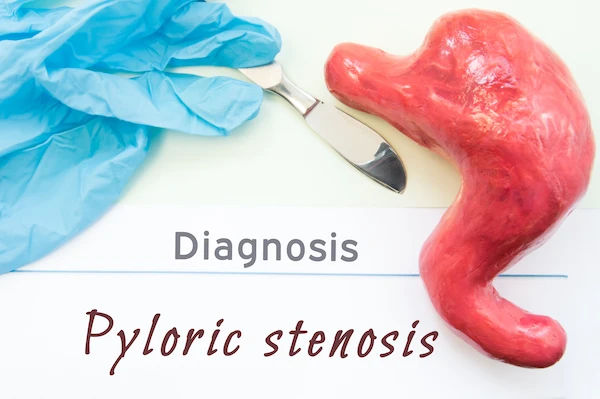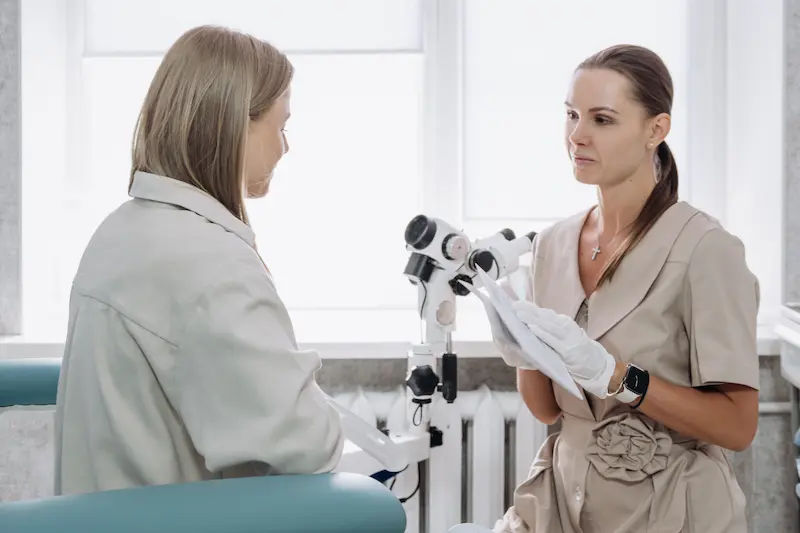- female
- 30 Years
- 14/08/2025
My wife had a c-section a month ago but still has pain and swelling around the stitches. Is this normal or should we be worried? What can we do to help her heal faster and are there any medicines that might help with the recovery?
Answered by 1 Apollo Doctors
It's understandable to be concerned about pain and swelling around the C-section incision, even a month after surgery. While some pain and swelling are normal, it's crucial to monitor for signs of infection. Seek immediate medical attention if there's increasing pain, redness, swelling, or discharge from the incision, or if your wife develops a fever
Dr. Kamran Suggests...
Consult a Obstetrician and Gynaecologist
Answered 14/08/2025
0
0

More Obstetrics & Gynaecology Health Queries
View allI've been told I need laparoscopic surgery to remove a dermoid cyst on my left ovary it's currently 3.2x3 cm. My husband and I have been trying to conceive for a year, and I'm unsure if I should get the surgery before getting pregnant. Is this cyst size big enough to require removal, or can I wait? What are the risks if I delay surgery?
You need to be cleared of dermoid cyst before planning for pregnancy, as it may pose some problem later. Laparoscopy is the best option. Via laparoscopy we can remove small as well as huge dermoid cyst also taking precautions against spillage of contents. Operative part headache, you can leave it to Gynaecologist. Just go ahead with the surgery and have a safe pregnancy ahead. Good luck
Answered by 1 Apollo Doctors
I'm really worried because I took the unwanted kit but I'm not bleeding. Should I try taking another one? If so, how many days should I wait? I'm 4 weeks pregnant and not considering surgical abortion. What should I do?
If there is still no bleeding after a few days, you should have an ultrasound. If you still do not bleed within a few days (and you are positive that you were pregnant), then you may have either an ectopic pregnancy or a continuing pregnancy and you should have an ultrasound
Answered by 1 Apollo Doctors
I've been struggling with painful intercourse with my husband it feels like hitting a wall no matter how many times we try. We've used different lubricants and gels, but nothing helps. Is there any medical procedure or surgery to help enlarge or break the hymen so we can have successful intercourse?
If painful intercourse is caused by a restrictive hymen, a medical procedure called a hymenotomy can be performed to break or enlarge the hymen. This procedure can help to alleviate pain and make intercourse more comfortable. However, it's important to consult with a healthcare professional to determine if this is the root cause of the pain and to discuss whether a hymenotomy is appropriate for you. There may also be other medical or psychological factors contributing to the pain, so a thorough evaluation is crucial.
Answered by 1 Apollo Doctors
Disclaimer: Answers on Apollo 247 are not intended to replace your doctor advice. Always seek help of a professional doctor in case of an medical emergency or ailment.





